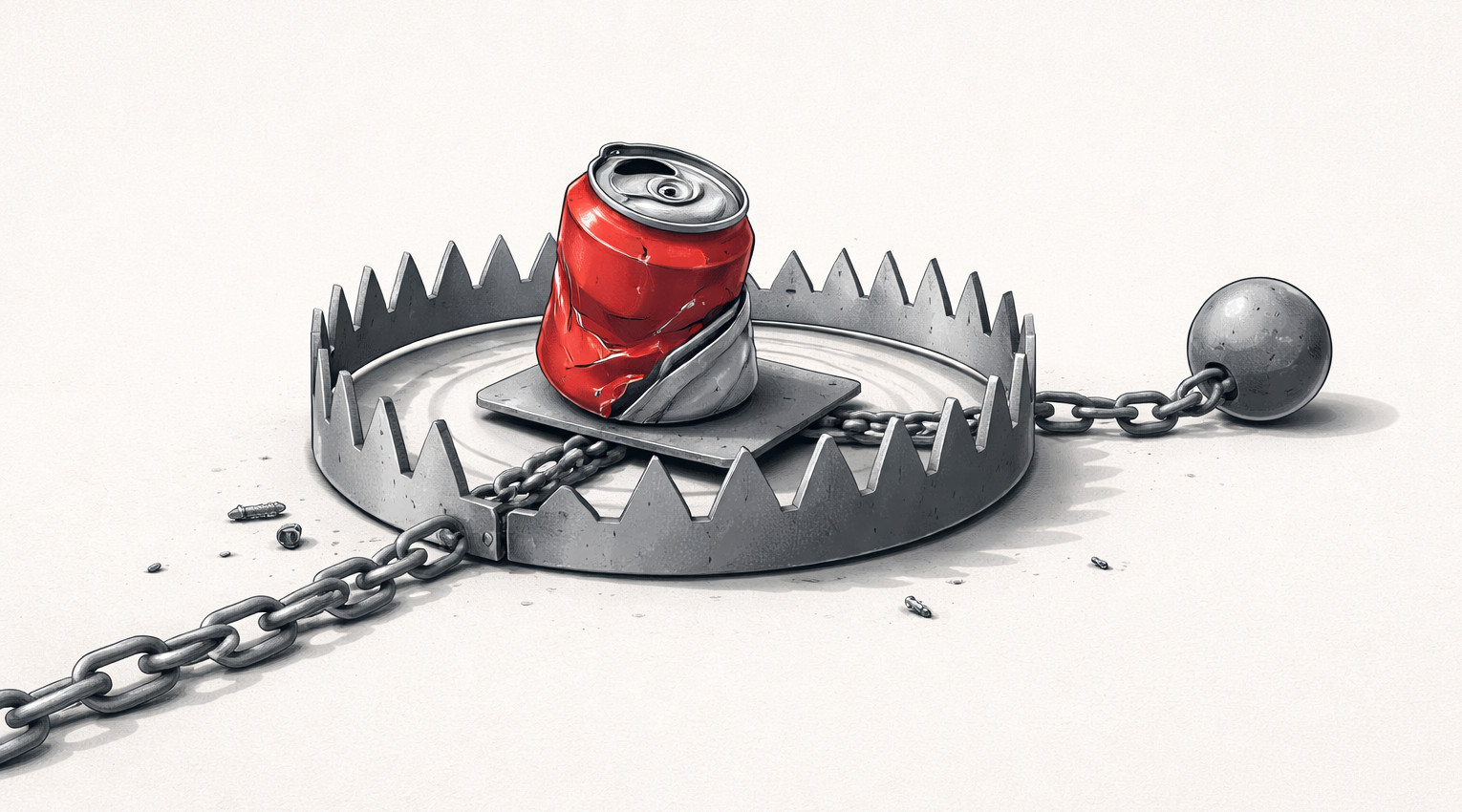A coalition of 29 organization’s released a letter calling on President Trump to reverse course on planned tariffs on aluminum and steel. The letter notes:
Free trade is an integral foundation for any economy seeking growth, innovation, and expanded opportunity. Not only is free trade good for the U.S. economy, it is also good for the American taxpayer.
As President, you pledged to put America and American jobs first. But imposing tariffs would be bad for the economy and bad for American workers. U.S. manufacturers that consume steel employ an estimated 40 to 60 times more U.S. workers than do steel producing facilities. This tax hike would put these jobs at risk. In fact, when George W Bush increased tariffs on steel, 200,000 jobs were lost as a direct result.
Two friends of CF&P also recently wrote on why tariffs are a bad idea. In his column for the Washington Times, Richard Rahn focuses on why the aluminum tariffs are wrongheaded:
Imported aluminum accounted for 64 percent of all aluminum used in the U.S. last year. By far, the biggest foreign supplier to the U.S. last year was Canada.
…Even though there are only a couple of firms left in the U.S. that produce primary aluminum, there are many that produce secondary aluminum and thousands that produce aluminum products from primary and secondary aluminum. A tariff on primary aluminum imports may be beneficial for those couple of producers, but it is insufficient to cause more companies to invest in smelters, and it raises costs for all of the aluminum product producers and consumers.
In 2016, the top six aluminum producing countries accounted for 77 percent of the world’s smelter capacity (primary aluminum), with the Chinese accounting for 54 percent, while the United States ranked number 6. The U.S. has higher energy costs than Canada (because Canada has abundant, low-cost hydropower), so much of the North American primary-aluminum production has migrated to Canada.
The aluminum industry in the two countries is highly integrated, with considerable cross-ownership and marketing relationships. When properly viewed as one (Canada and the U.S.) production and marketing area, North America is self-sufficient in primary, secondary and aluminum-product production.
He then makes the point that Chinese policies that harm their economy are not a good reason for pursuing the same in the US:
…China foolishly continues to build new smelter capacity even though it has no inherent energy cost advantage and, in fact, is reputed to have higher production costs than the U.S. If China was a true market economy, it would be importing aluminum from lower-cost producers.
China, by selling some of its aluminum below full costs (under accepted accounting conventions), is in effect giving away some of its product — which is a gift to aluminum product producers and final consumers. The Chinese worker is subsidizing Americans who drink beverages from aluminum cans.
American and other producers of primary aluminum are obviously unhappy that the Chinese are selling below full cost — which hurts their workers and stockholders. But this is a small group compared to all of those employed in the aluminum-product industries and the final consumers of aluminum products.
Finally, he addresses the supposed national security concerns:
The U.S. Department of Commerce produced a report in January, “The Effect of Imports of Aluminum on the National Security,” which provided much of the rationale for the proposed aluminum tariff. The report focuses on domestic U.S. smelter capacity rather on North American capacity (which is the relevant area given our defense-sharing agreements with Canada that go back more than 70 years, and the integration of the aluminum industry in the two countries).
The report also largely ignores the enormous U.S. secondary-aluminum capacity. The Chinese account for about 3 percent of U.S. aluminum consumption — which is no national security threat given the ability of the U.S. and all of our friends to satisfy its absence in a matter of weeks.
The proposed aluminum tariff makes no economic or political sense — a really bad idea.
Another article from Veronique de Rugy makes the case against the tariffs as well:
Mr. Trump and other protectionists justify tariffs by proclaiming that they will protect American workers from highly subsidized Chinese companies that sell their steel and aluminum at low prices in the United States market.
Never mind that we import more steel from 10 other nations than from China, or that domestic steel’s market share represents an impressive 70 percent. Nor is it a national security issue: Only 3 percent of that production goes toward the military.
Never mind that domestic steel profits and production have steadily risen since 2010, or that we already have more than 160 special duties on steel imports in place. These moguls demanded more protection and obtained satisfaction.
Decades ago, the Nobel Prize-winning economist Milton Friedman argued that businessmen themselves are among the biggest dangers to a free-market economy. They often seek government privileges to increase their profits and avoid competition. Indeed, import taxes — putting aside rhetoric about defending jobs — are well-known to have devastating effects on consumers. They are quite effective at lining the pockets of shareholders in protected industries.
We’ve seen this before. In 2002, President George W. Bush implemented his own steel tariffs. As expected, the taxes jacked up the price of domestic steel and temporarily boosted the industry’s profits. Steel-consuming industries, however, weren’t so lucky. According to an estimate from the nonpartisan Trade Partnership Worldwide, a staggering 200,000 people lost their jobs in downstream industries by the following year. That’s more workers than the entire steel industry had at the time.
She’s precisely right. This isn’t an us versus them, or U.S. versus China, issue. This is an industry versus industry issue, where Trump has decided to embrace the time-honored tradition of crony capitalism by picking winners and losers.
The problem with crony capitalism is that no matter which businesses are picked as “winners,” the mere act of choosing makes all consumers losers.

